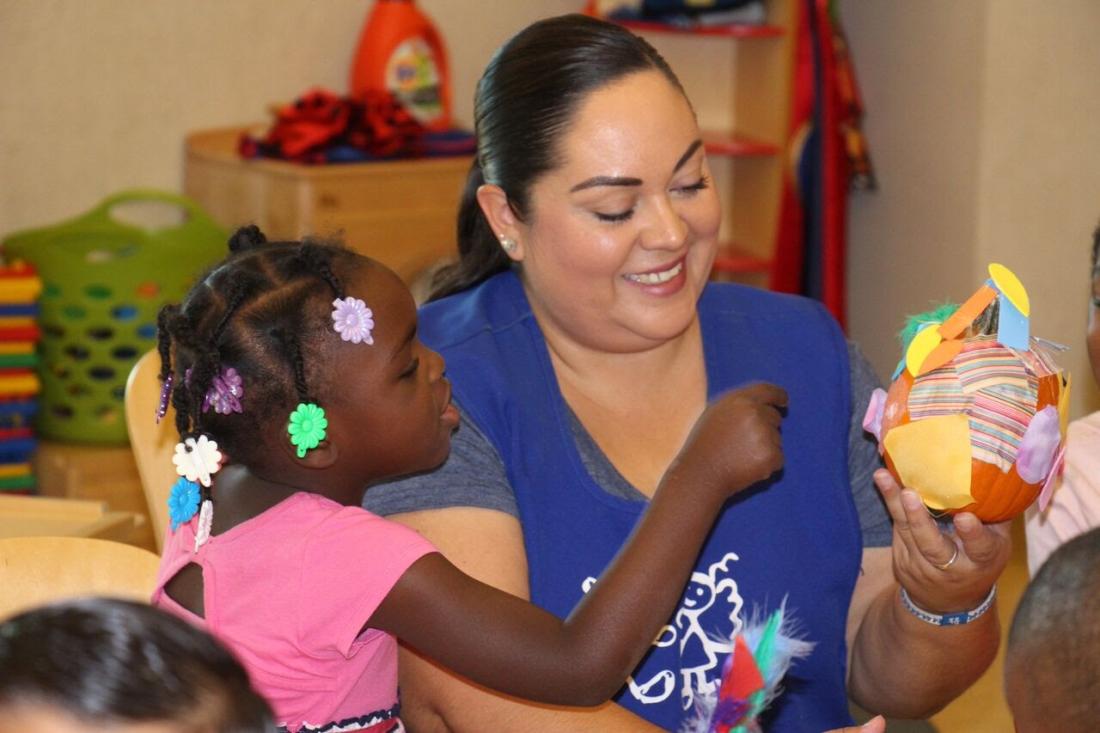Positive Guidance & Family School Relations (SC)
Careers Building Positive Guidance & Family School Relations
These careers work with enhancing relationships between parents and their children, and their children’s teachers. It helps break down the dynamics between children, parents, and educators.
The knowledge you’ll have with a Positive Guidance & Family School Relations Skill Certificate will give you a strong foundation for a number of possible careers:
Career information below taken from bls.gov November 2019. Go to bls.gov for most current career information.
Preschool and childcare center directors supervise and lead their staffs, design program plans, oversee daily activities, and prepare budgets.
Data for Los Angeles/Long Beach/Anaheim
| Typical Education Level: | Salary: | Hourly Median Wage: |
|---|---|---|
| Bachelor’s Degree | $53,990/year | $25.96/hour |
| Work Experience in a Related Occupation: | Job Outlook 2018-2028: | Number of Jobs 2018: |
| Less than 5 years needed | 7% increase (faster than average) |
2,350 |
Help students develop the academic and social skills needed to succeed.
National data
| Typical Education Level: | Salary: | Hourly Median Wage: |
|---|---|---|
| Master’s Degree | $56,310/year | $27.07/hour |
| Work Experience in a Related Occupation: | Job Outlook 2018-2028: | Number of Jobs 2018: |
| None needed | 8% increase (faster than average) |
324,500 |
Study cognitive, emotional, and social processes and behavior by observing, interpreting, and recording how individuals relate to one another and to their environments.
National data
| Typical Education Level: | Salary: | Hourly Median Wage: |
|---|---|---|
| Doctoral Degree | $79,010/year | $37.99/hour |
| Work Experience in a Related Occupation: | Job Outlook 2018-2028: | Number of Jobs 2018: |
| None needed | 14% increase (much faster than average) |
181,700 |
Oversee school curricula and teaching standards; develop instructional material, implement it, and assess its effectiveness.
National data
| Typical Education Level: | Salary: | Hourly Median Wage: |
|---|---|---|
| Master’s Degree | $64,450/year | $30.98/hour |
| Work Experience in a Related Occupation: | Job Outlook 2018-2028: | Number of Jobs 2018: |
| 5 years or more | 6% increase (faster than average) |
181,600 |
Plan and administer programs that improve the skills and knowledge of their employees.
National data
| Typical Education Level: | Salary: | Hourly Median Wage: |
|---|---|---|
| Bachelor’s Degree | $60,870/year | $29.26/hour |
| Work Experience in a Related Occupation: | Job Outlook 2018-2028: | Number of Jobs 2018: |
| Less than 5 years | 9% increase (faster than average) |
306,400 |
What You’ll Learn at LASC in Positive Guidance & Family School Relations
With your Skill Certificate in Positive Guidance & Family School Relations, you’ll have a deeper understanding of the relationships between children, teachers, and parents, and knowledge of the environments in which children thrive:
- Discover the dynamics between children, their parents, and those who teach them in order to advise those who work with them better ways to communicate and build healthy, positive relationships with them.
- Understand new strategies and techniques along with proven principles to develop individualized education plans for special needs students so they can benefit from interactive, educational programs.
- Want to get a bachelor’s degree? LASC offers associate degrees in Child Development where you'll save money on your first two years of college before you transfer to a four-year college or university. We also have an Associate in Science in Early Childhood Education for Transfer degrees that can give you guaranteed entry into a CSU, and even some UCs! Visit your academic counselor for more information.
Degrees & Courses You Will Take
Review LASC’s Skill Certificate in Positive Guidance & Family School Relations, and our suggested course of study for this program. Go to LASC’s current Course Catalog for specific course information:
Certificate Code: 1305
Total Units Required: 15
| Required Courses: | Units |
|---|---|
| CH DEV 1 Child Growth and Development | 3 |
| CH DEV 2 Early Childhood Principles and Practices | 3 |
| CH DEV 11 Child, Family and Community | 3 |
| CH DEV 12 Parent-Teacher-Child Interaction | 3 |
| CH DEV 48 Positive Guidance in Early Childhood Settings | 3 |
|
Select one below |
|
| CH Dev 16 The Growing Brain I | 2 |
| CH Dev 17 The Growing Brain I | 2 |
| TOTAL UNITS | 17 |
Get Ready Before You Start
Are you wanting to have an educational career working with families and building community relationships? Before your first class starts at LASC, you can start preparing for your career in education:
- Make an appointment with your LASC academic counselor to review LASC’s program, develop a Student Education Plan (SEP), and discuss your career goals to see if getting an associate or even transferring to a four-year college or university may be beneficial for your future plans.
- Visit LASC’s Child Development Center to get an idea of what LASC has to offer in this field.
- Once you’re at LASC, make sure to get involved with on-campus clubs and organizations, such as the Urban Teacher Fellowship, Making a Difference in Education (MADE), and Toastmasters, or become a student ambassador, or run for student body government. These create new relationships and show educators and potential employers your commitment to learning, building your critical-thinking and leadership skills, and getting to know your community.
